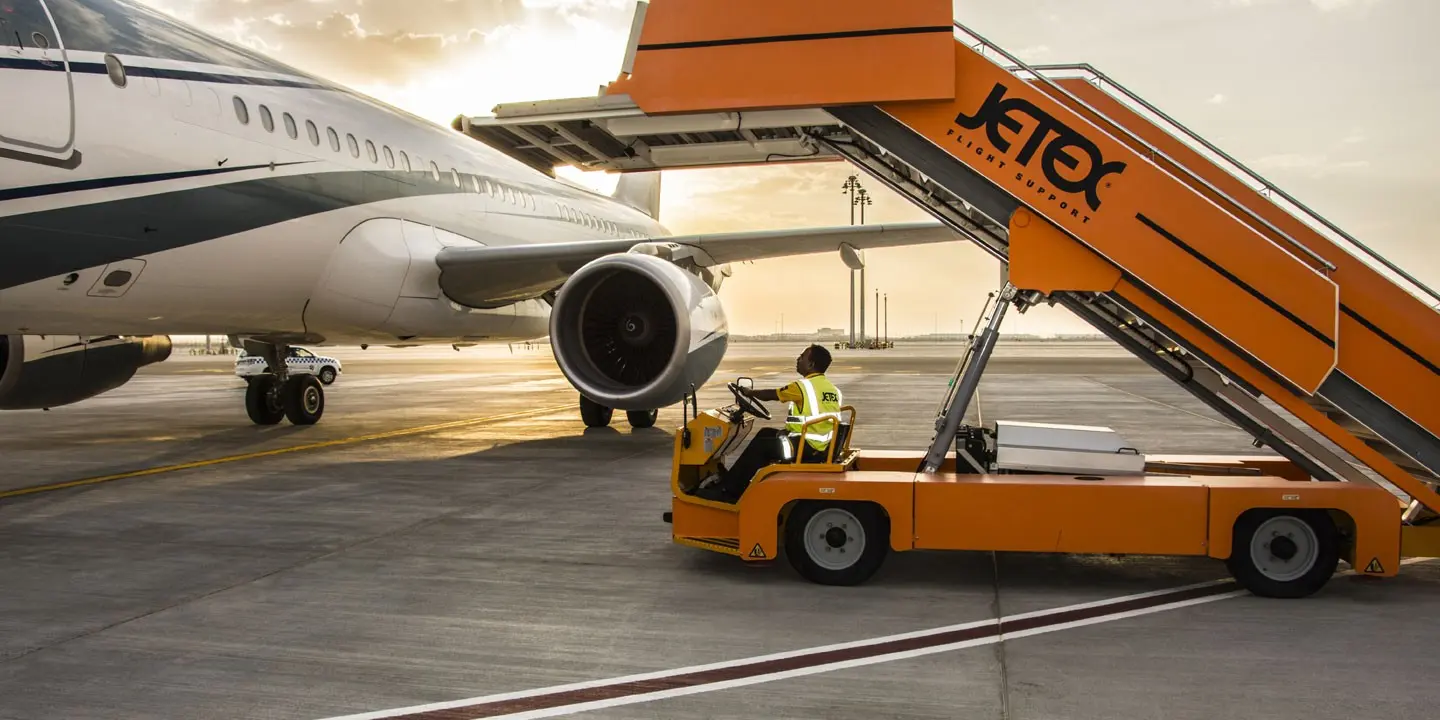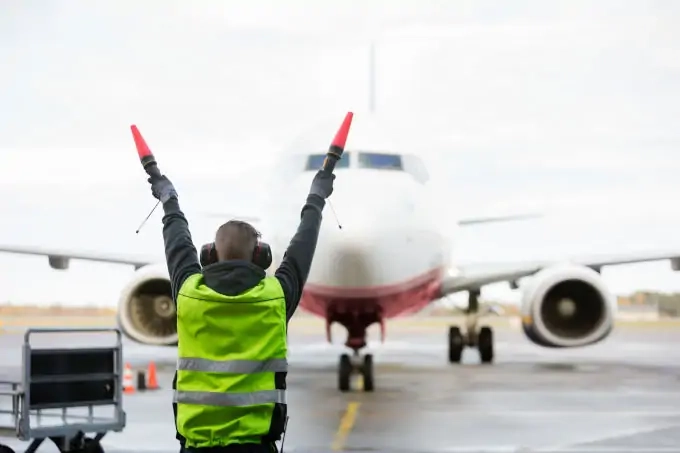How Aviation Operations can be Enhanced with Ground Support Equipment

In the aviation industry, there’s an essential yet often unnoticed player that significantly impacts the efficiency and safety of air travel. This player, about ground support equipment, is fundamental in managing airports and maintaining punctuality for flights. From facilitating aircraft departure from gates to loading baggage with accuracy, this equipment streamlines air travel for everyone involved.
Crucial Support for Takeoff and Landing

Reflect on your last flying experience. You likely observed ground crew members bustling around the airplane, equipped with headsets and operating diverse vehicles. These teams utilize ground service equipment to ensure smooth operations at airports. Their toolkit includes stairs for boarding, vehicles for transporting luggage, and machines that supply power and air conditioning to docked aircraft. This equipment is vital for rapid turnarounds and timely departures, highlighting its critical role in aviation.
The coordination between aircraft maintenance tools and flight crews is a testament to the intricate dance that unfolds behind the scenes of every flight. From the moment an aircraft touches down, a flurry of activity begins, with ground support teams working in perfect synchronization to prepare the plane for its next journey. The precision and speed with which they operate are crucial to maintaining the delicate balance of airport operations, ensuring that flights depart on time and passengers reach their destinations safely.
The Push for Environmental Sustainability
Amid increasing ecological concerns, a significant shift towards sustainable practices is underway in the aviation sector, particularly concerning ground support equipment. The adoption of electric-powered tugs and loaders, as well as vehicles running on alternative fuels like biodiesel, is rising. This shift not only reduces the carbon footprint of airport operations but also diminishes noise pollution on the runway. The movement represents a win-win scenario for both airports and their neighboring communities.
As the aviation industry continues to grow, the push for environmental sustainability becomes increasingly important. Airports and airlines alike are investing in greener aviation ground equipment, recognizing the need to reduce their environmental impact. This shift towards sustainability is not only a response to growing public concern over climate change but also a reflection of the industry’s commitment to being a responsible global citizen. By embracing eco-friendly practices, the aviation sector is setting an example for other industries to follow.
Integrating Technology for Enhanced Operations
The integration of the Internet of Things (IoT) and data analytics is revolutionizing ground support management and operations. Envision a scenario where baggage loaders seamlessly connect with the airport’s central system, updating their status in real-time, or maintenance crews receive immediate alerts about equipment issues. Such technological integration bolsters operational efficiency, mitigating delays and elevating the passenger experience.
Impacting Passenger Satisfaction

The efficiency of ground support equipment directly influences passenger satisfaction. Prompt handling of baggage, swift aircraft turnaround times, and efficient boarding procedures all contribute to a favorable travel experience. Moreover, the role of GSE in guaranteeing safety is pivotal – from fire trucks poised for immediate action to ambulances and medical kits ready for emergencies. These elements are crucial in cultivating a reliable aviation environment.
Forecasting the Future of GSE in Aviation
The horizon for aircraft ground handling Equipment in aviation is marked by automation and advanced technology integration. The development of autonomous tractors for aircraft towing or baggage handling, and robotic loaders for optimal cargo weight distribution, is on the cusp of realization. While these innovations promise to elevate efficiency and safety, they also pose challenges related to investment and operational adaptation for airports. However, the potential improvements these technologies offer for the future of aviation are indeed promising.
In conclusion, ground support equipment plays a pivotal role in the functioning of aviation operations. Its significance, though often understated, is crucial. As technological advancements continue, the capabilities and efficiency of this equipment are set to soar, promising a future where air travel is safer, more eco-friendly, and more enjoyable for passengers.

Similar Posts
File Sharing Solutions: Unveiling Advanced Methods Beyond “Files Over Miles”
Best Quantum Computing Startups
Qapital App Review – A Reliable Savings and Investment Solution